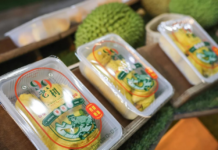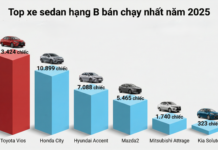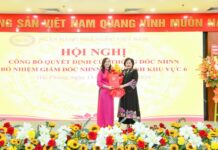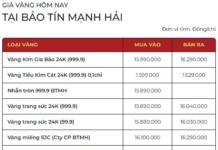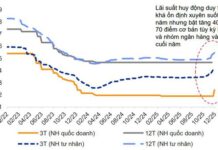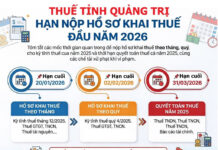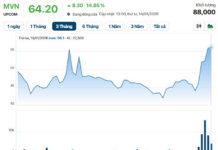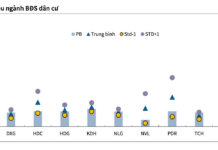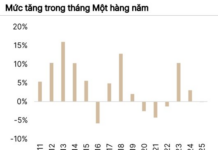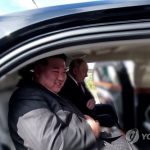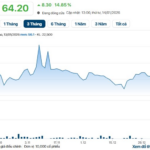The Beast 2.0: America’s Presidential Limousine
The Beast 2.0, also known as Cadillac One, is the latest generation of the armored vehicle used by former President Donald Trump. This “beast” was first introduced in 2018, replacing the previous model used by former President Barack Obama.
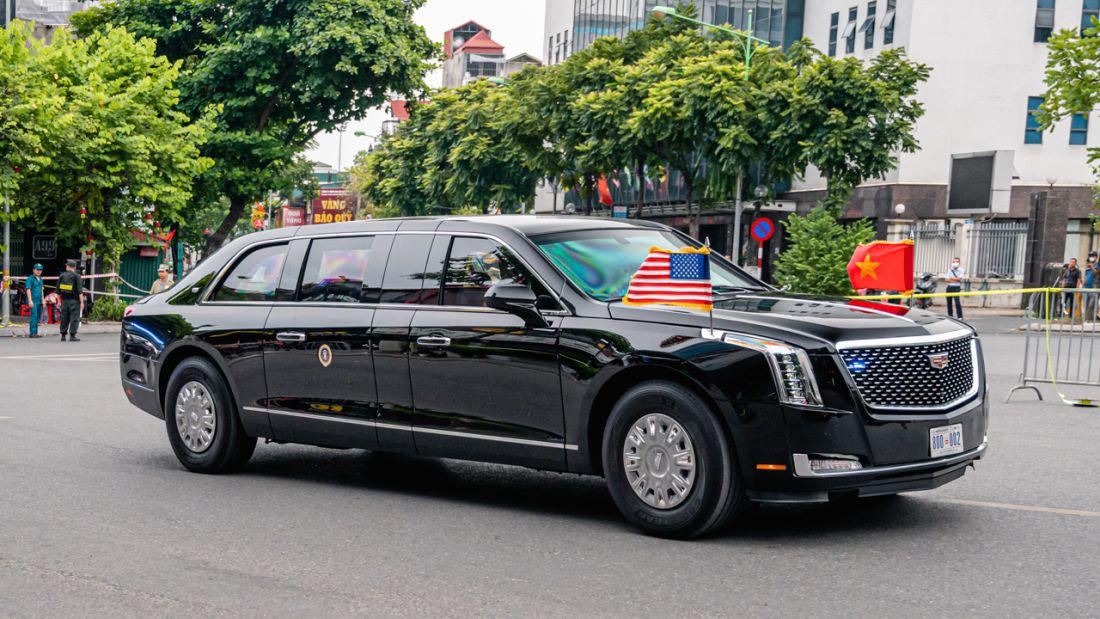
The Beast cruising through the streets of Hanoi, Vietnam. Source: Facebook
Whenever The Beast or The Beast 2.0 makes an appearance, it instantly grabs the attention of the media and car enthusiasts worldwide. This state-of-the-art limousine is valued at a whopping $1.5 million and is always accompanied by a massive entourage, ensuring the safety of its prestigious passenger.
Aurus Senat: Russia’s Presidential Choice
The Aurus Senat, manufactured by NAMI, is the current choice of transportation for Russian President Vladimir Putin. This marks a significant step forward for the Russian automotive industry, as previous leaders primarily relied on imported Mercedes-Benz S600 vehicles. While the Aurus Senat may not be as flashy as its American counterpart, it boasts advanced defense technologies, although specific details are kept confidential.

The Aurus Senat – A formidable counterpart to The Beast. Source: Facebook
Hongqi N701: China’s Limousine
The Hongqi N701, a massive limousine designed specifically for the Chinese President, made its debut in 2022. It features a bold design with a large grille, an armored body, bulletproof glass, and run-flat tires. Only about 50 of these vehicles are produced in a decade, making them an exclusive symbol of power and prestige for China’s leader during international visits.
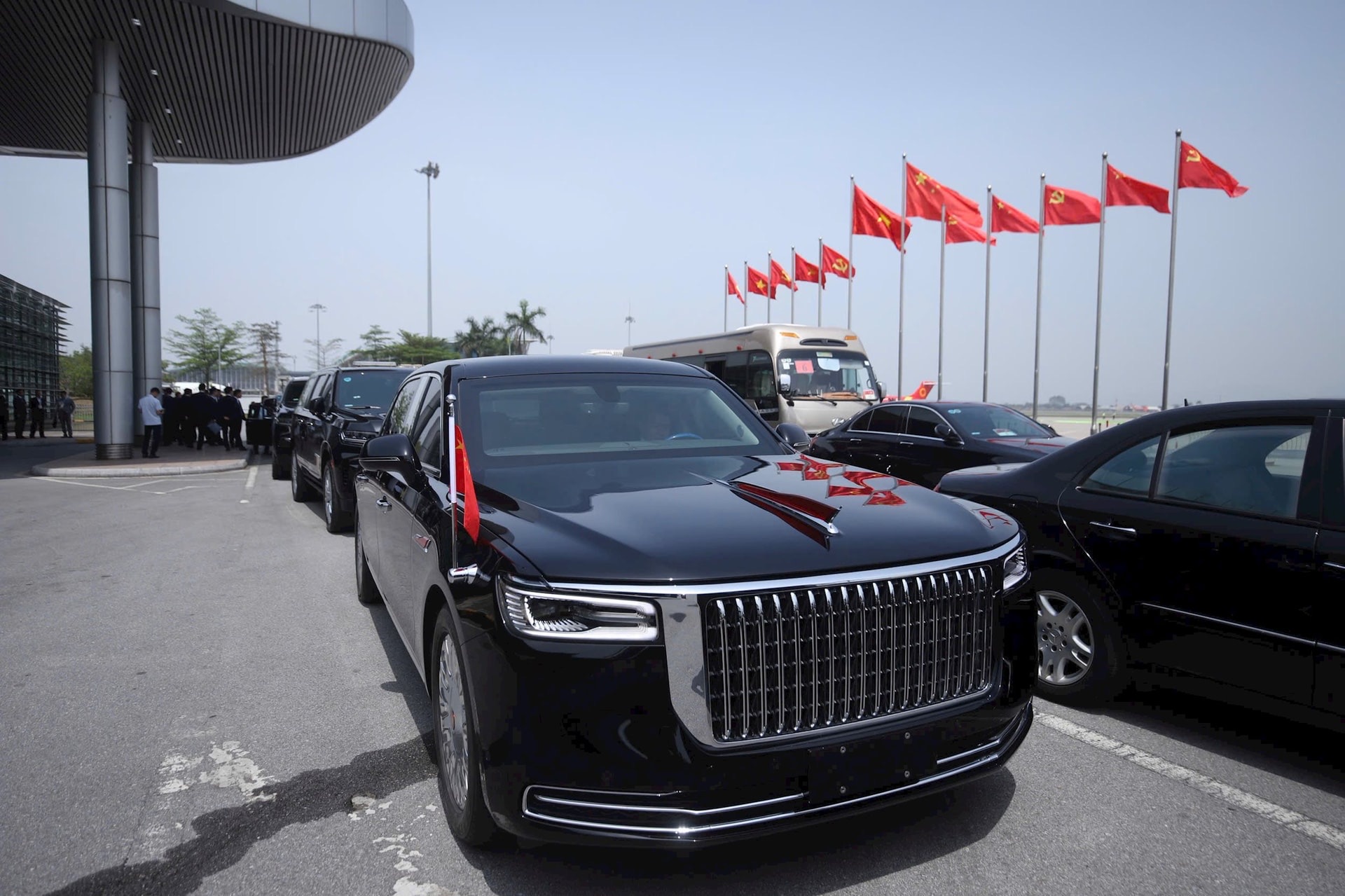
Hongqi N701 during its visit to Hanoi, Vietnam. Source: Facebook
Mercedes-Benz S600 Pullman Guard: North Korea’s Preferred Ride
The leader of North Korea, Kim Jong-Un, often travels in the highly secure Mercedes-Benz S600 Pullman Guard. This armored limousine is a bespoke design by Mercedes, tailored specifically for heads of state. It is considered the top choice for nations that do not have the capability to develop their own armored vehicles.
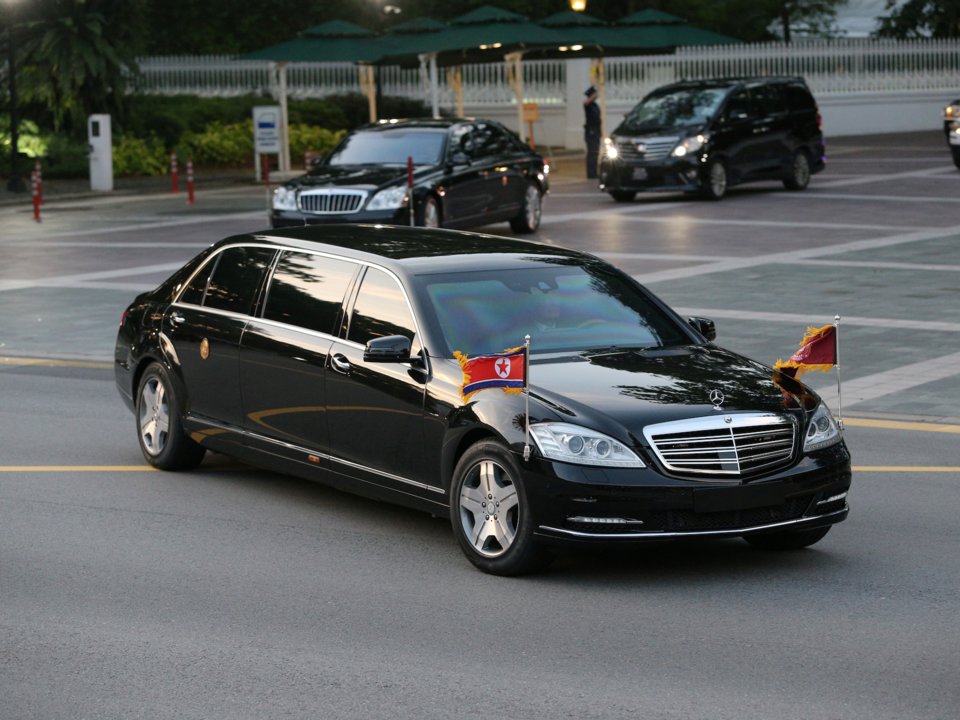
The Mercedes-Benz S600 Pullman Guard – The pinnacle of safety and security. Source: Facebook
Toyota Century Royal: Japan’s Imperial Choice
The Emperor of Japan, Naruhito, travels in the Toyota Century Royal, a model exclusively designed for the Japanese Imperial Family. Only four of these vehicles were ever produced, each featuring state-of-the-art security measures. While specific details are kept confidential for security reasons, the Century Royal is undoubtedly one of the most technologically advanced vehicles in the world.
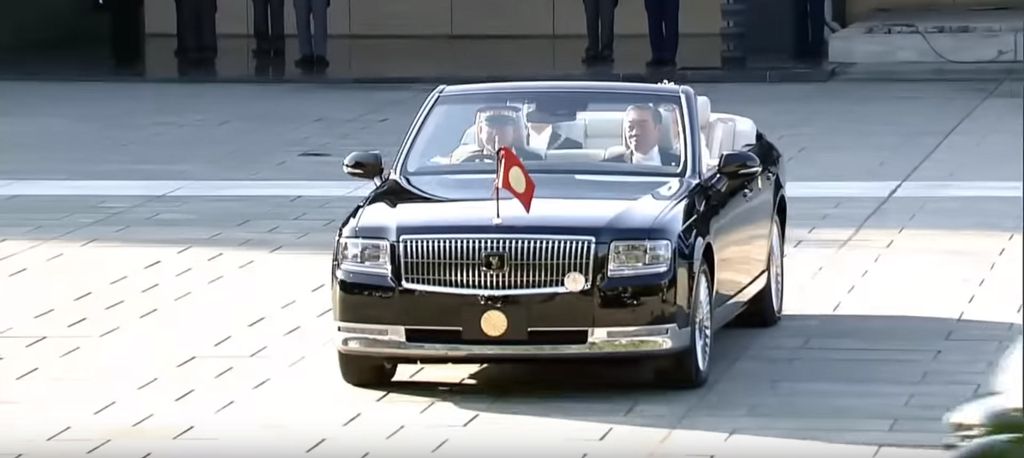
The Toyota Century Convertible made its debut during the enthronement ceremony of Emperor Naruhito. Source: Japanese Prime Minister’s Office
Lac Hong 900 LX: Vietnam’s Very Own
The Lac Hong 900 LX is a luxurious limousine developed by VinFast specifically for Vietnam’s high-ranking leaders. It offers an exceptionally spacious rear cabin, a privacy partition, and a host of advanced features. Notably, the armored version meets the most stringent standards, showcasing the significant progress of Vietnam’s automotive industry. The Lac Hong 900 LX is also the only electric vehicle on this list, delivering 402 horsepower and 620 Nm of torque. It boasts an impressive range of 595 kilometers, or 450 kilometers for the armored version.

The Lac Hong 900 LX – Vietnam’s pride and joy. Source: VinFast
These specialized vehicles are more than just means of transportation; they represent the power, prestige, and technological prowess of their respective nations. Each limousine is designed with maximum security and privacy in mind, ensuring the safety of their esteemed passengers on every journey.

